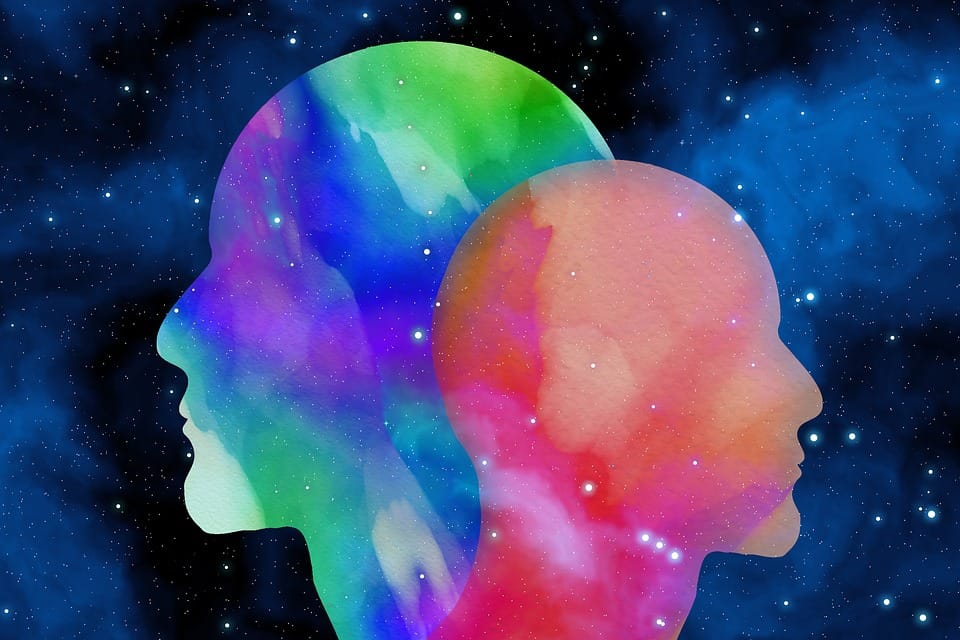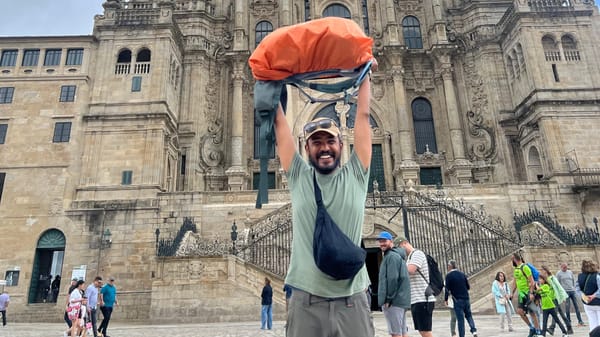He who has a ‘why’ to live for can bear any ‘how’!
“All we can do is study the lives of people who seem to have found their answers to the questions of what ultimately human life is about as against those who have not”

I don’t know how I came across Viktor Frankl’s ‘Man’s Search for Meaning’, and what made me pick it up. I read it continuously for two days and it left me feeling- empathy, disbelief, and by the end of it- numb. Reading a first-person account of a (horrific) narrative that I was somewhat familiar with already was rewarding (Frankl survived four German concentration camps), but what stood out to me what his perspective on suffering, and finding meaning in one’s life. Frankl is the founder of logotherapy- a school of psychology and a philosophy based on the idea that we are strongly motivated to live purposefully and meaningfully.
What is the meaning of life? It is a question I have often posed to myself, thinking there must be a grand purpose to why I am here. Maybe it was a sense of entitlement, but I would expect something extraordinary in my meaning to life. Like many of my other experiences in life, this book was humbling and with the current events around the world, I think I couldn’t have read it at a better time.
I used to think that there would be a singular meaning to a person’s life. According to Frankl, we can discover the meaning in life in three different ways: (1) by creating a work or doing a deed; (2) by experiencing something or encountering someone; and (3) by the attitude we take toward unavoidable suffering. Some people find meaning in the work they choose to do, others find it in caring for people they love. I initially found it hard to grasp that a person could find meaning in suffering. Viktor says that “one of the last of the human freedoms is to choose your attitude towards a given set of circumstances. Suffering is an ineradicable part of life- without suffering and death, human life cannot be complete.” The one example that made me see his point was that of a doctor who was suffering from depression after the death of his wife. Viktor asked him a question, “What would have happened if you had died first, and your wife would have to survive you?”. That made him see that his wife was spared from the suffering of outliving him and the price that he had to pay for it was to survive and mourn her. “Suffering ceases to be suffering at the moment it finds a meaning.”
Viktor also talks about how many of the problems pervading today’s society- like addiction, depression and aggression- are due to an ‘existential vacuum’- the feeling of meaninglessness resulting from a frustration of our existential needs. People compensate their frustrated will to meaning by a will to power, including the will to money, or by the will to pleasure. It is truly interesting to look at these problems from the lens of logotherapy.
But how do we find the ‘grand’ meaning of our life, if there is such a thing? The answer is- you don’t. You find meaning for your current state. Everyone has a unique task facing them and a specific opportunity to fulfil it simply because no one else can live the life that they do. What matters is not the meaning of life in general but rather the specific meaning of a person’s life at a given moment. I would like a quote a beautiful analogy that brings this to life:
“Consider a movie: it consists of thousands upon thousands of individual pictures, and each of them makes sense and carries a meaning, yet the meaning of the whole film cannot be seen before its last sequence is shown. However, we cannot understand the whole film without having first understood each of its components, each of the individual pictures. Isn’t it the same with life? Doesn’t the final meaning of life, too, reveal itself, if at all, only at its end, on the verge of death? And doesn’t this final meaning, too, depend on whether or not the potential meaning of each single situation has been actualized to the best of the respective individual’s knowledge and belief?”
I suppose the only way to find the grand meaning of life, as a common saying goes, is to live each moment to its fullest. Life ultimately means taking the responsibility to find the right answer to its problems and to fulfil the tasks which it constantly sets for each individual. “Don’t aim at success—the more you aim at it and make it a target, the more you are going to miss it. For success, like happiness, cannot be pursued; it must ensue, and it only does so as the unintended side-effect of one’s dedication to a cause greater than oneself or as the by-product of one’s surrender to a person other than oneself.”
A piece of more practical advice from the book on how one can go about finding meaning: As Charlotte Bühler has stated: “All we can do is study the lives of people who seem to have found their answers to the questions of what ultimately human life is about as against those who have not”. I’ve picked a new book recently called ‘Leadership: In Turbulent Times’ by Doris Kearns Goodwin and am reading about some of the most popular American presidents. Hope to pen my thoughts on their answers to the question: What is the meaning of life?



